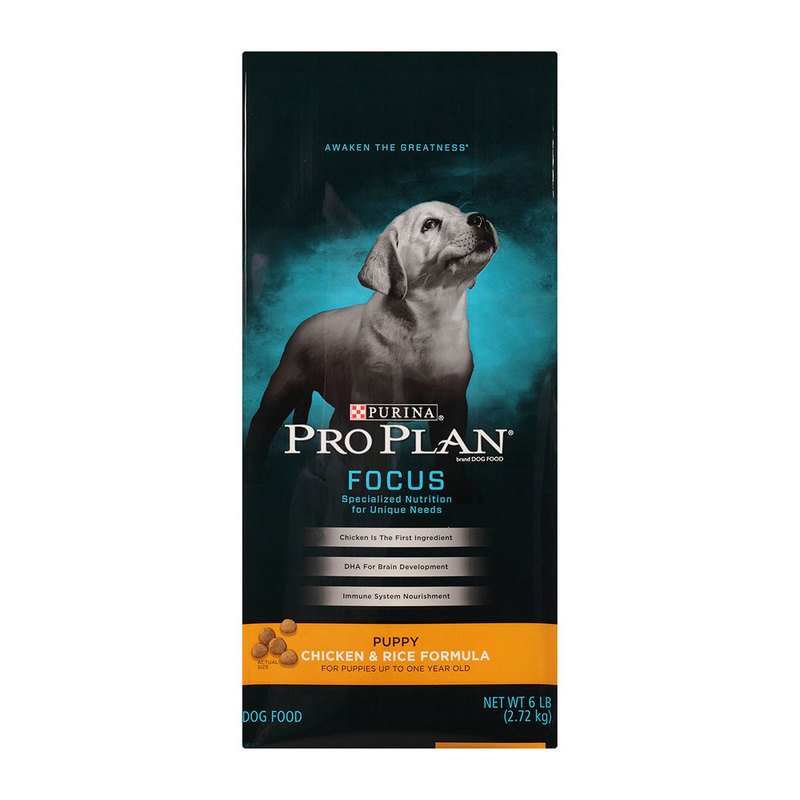
It is important to make the right choice when choosing a dog. There are many different types of dogs, and the right one will depend on many factors. There are many breeds that can be bred. They vary in size, temperament, and needs for grooming. Be sure to consult a licensed veterinarian before making a final decision. Consider these breeds if you are just starting out as a dog owner.
Golden Retrievers
It is important that you are patient with your Golden Retriever as they learn. They will protect their family and owners with a deep instinct. They are gentle with children and will only take their toys if they are carefully removed. This does not mean that they should be left to their own devices for long periods.
An adult or senior golden retriever is a great choice for your first dog. These dogs will still need to be walked daily, even though they are no longer as puppy-like. These dogs also require less exercise than their younger counterparts. Senior goldens are an ideal choice if your dog is easy to care for.
Goldens are not required to be trained extensively, but they do quickly learn the basics of obedience training. When properly trained, Goldens can learn to identify and put away their toys. However, they can take a while to become emotionally mature, with most achieving emotional maturity around two to three years of age. These dogs may still be intelligent, but they might want to play and have some fun.
Cavaliers
Due to their gentle, affectionate nature, Cavaliers are a great choice for first-time owners. They are also relatively easy to train, require minimal exercise, and are very sociable. They also require very little grooming and are extremely sweet. Learn more about Cavaliers and why they are great for first-time dog owners.

Cavaliers can be called lap dogs but they can develop heart disease as they age. They are social and easy going, and they can be good friends with children. Because of this, they make a great choice for families with children. They are also among the most affordable breeds making them perfect for first-time buyers.
Cavaliers are cute and intelligent, but they can also be energetic. Cavaliers can grow to quite large sizes but shed less than other breeds. If you're new to pet ownership, the Cavalier King Charles Spaniel is a good choice. This dog can be as small as 18 pounds, which makes it perfect for smaller apartments.
Bichon Frise
Bichon frises, small and energetic dogs, are called bichon frises. They are great with children and get along well with other pets. They are easy to train and adapt well to any lifestyle. They do not require a lot of exercise or a strict grooming regime. Bichons have curly, short coats, so they will need occasional brushing.

Bichon frisses are hypoallergenic. You will need to schedule regular grooming appointments due to the high amount of shed hair. Also, you should keep in close contact with your groomer. You should remove the shed hair daily to avoid it getting caught under your skin and causing painful mats.
Bichon puppies are friendly and affectionate, so it is a good idea for you to prepare your house properly. Before you bring your pet home, ensure that your pet is spayed or neutered.
FAQ
How much should I budget for my pet?
One good rule of thumb: Budget around $200-$300 per Month.
This will vary depending on where you live. You would spend $350 per Month in New York City.
In rural areas, however, you might only need to spend $100 per month.
You need to make sure that your pet has quality toys and collars.
You should also think about investing in a crate for your pet. This will keep your pet secure during transport.
How to Make Your Pet Smile
Pet owners often wonder how to make their pets happy. Some people buy toys, treats, and even clothes for their pets. However, pets might not enjoy certain things. For example, some dogs cannot stand to wear sweaters.
Try to understand why your pet doesn't love it before you buy it. You might find that your pet likes different types of food than you. Maybe he doesn't like wearing shoes.
Another tip is to play with your pet. You can play with a ball, or a frisbee. You can throw it around the room. Or you can simply throw it in the air and watch him chase it down. This game makes both of you laugh. It's also relaxing and fun.
A good idea would be to give your pet an occasional bath once or twice a week. Bathing helps remove dead skin cells from his coat. It makes him smell nice.
Also, it is important to ensure your pet's health. You should not let your pet eat junk food. Do not allow him to eat junk food. Instead, give him high-quality food. He should also get plenty of exercise. Go outside and take him to play fetch or for a walk.
Your pet will enjoy spending time with you. Most pets would rather spend time with their owners than be alone.
Last but not least, be sure to unconditionally love your pet. Never yell at him. Be patient with him. Keep him company.
Which pet is your favorite?
The best pet you can have is the one you love. There is no right answer here. Each person will have his or her own opinion on which pet is best.
Some people believe cats are better than dogs. Others believe dogs are more loyal, loving, and affectionate. Others disagree and argue that birds make the most wonderful pet.
You must choose the right type of pet for you, regardless of what breed.
For instance, if you're outgoing and friendly, then a dog would be perfect for you. A cat might be the best option for you if your personality is reserved and shy.
Consider the size of your house or apartment. A small apartment means that you'll need a smaller pet. You'll need more space if you have a larger home.
Last but not least, pets require a lot of attention. They require regular food. They need to be taken for walks. They need to be brushed, and cleaned.
If you know all these things, you'll be able to pick the best pet for yourself.
Statistics
- Monthly costs are for a one-year-old female mixed-breed dog and an under one-year-old male domestic shorthair cat, respectively, in excellent health residing in Texas, with a $500 annual deductible, $5,000 annual benefit limit, and 90% reimbursement rate. (usnews.com)
- In fact, according to ASPCA, first-year expenses can sum up to nearly $2,000. (petplay.com)
- For example, if your policy has a 90% reimbursement rate and you've already met your deductible, your insurer would pay you 90% of the amount you paid the vet, as long as you're still below the coverage limits of your policy. (usnews.com)
- It is estimated that the average cost per year of owning a cat or dog is about $1,000. (sspca.org)
- Pet insurance helps pay for your pet's medical care, with many policies covering up to 90 percent of your vet bills. (money.com)
External Links
How To
How to train your cat.
To train your cat, you should first understand what kind of animal he/she really is. Cats have complex brains. Cats are highly intelligent and emotional animals. Your cat's personality is an important aspect of your cat's behavior. You have to learn how to take care of your cat.
Remember that cats are independent beings. This means that cats do not like to hear "no." They may become angry if you tell them no. When your cat does something wrong, you shouldn't hit him/her. While your cat is dependent on you for affection and love, this does not mean that you can ignore him/her.
If you suspect that your cat may have some issues, then it is best to work together to fix them. Talk calmly to your cat. Avoid yelling at him/her. Do not make him/her feel bad by shouting. It is not possible to force your cat or dog to eat. Sometimes your cat may refuse to eat. Give treats to him/her when this happens. Don't give them too many treats, as this could cause overeating.
Keep your cat clean. You should wash your cat every day. Use a wet cloth to wipe off dirt and dust. Check to make sure your cat is free of fleas. Flea bites may cause skin irritation or allergies. If you notice any signs of fleas, then you should use a special shampoo to remove them.
Cats are social animals. They enjoy spending time with people. Spending quality time with your cat is important. Play with your cat, play with him/her and give him/her a bath. These activities will make you cat happy.
If you want to train your cat, then you should start early. You should start training your kitten as early as possible. The best age to begin training your cat is around three months old. Your cat will be fully grown at this age and ready to learn new skills.
You should explain everything step by step when you teach your cat tricks. When teaching your cat how to sit, for example, show it the chair first. Then, you should say "sit" and reward him/her with a treat. These steps should be repeated until your cat understands.
Remember that cats are intelligent. Cats can quickly figure out how they should perform tasks. They still need patience and persistence. Your cat won't be able to do a task instantly. Allow your cat to practice many times before giving up.
Don't forget cats are wild animals. They are naturally curious and playful. If your cat is free to roam, he/she could accidentally knock over things. To prevent accidents, place your cat in a secure area that won't cause injury to him/herself.